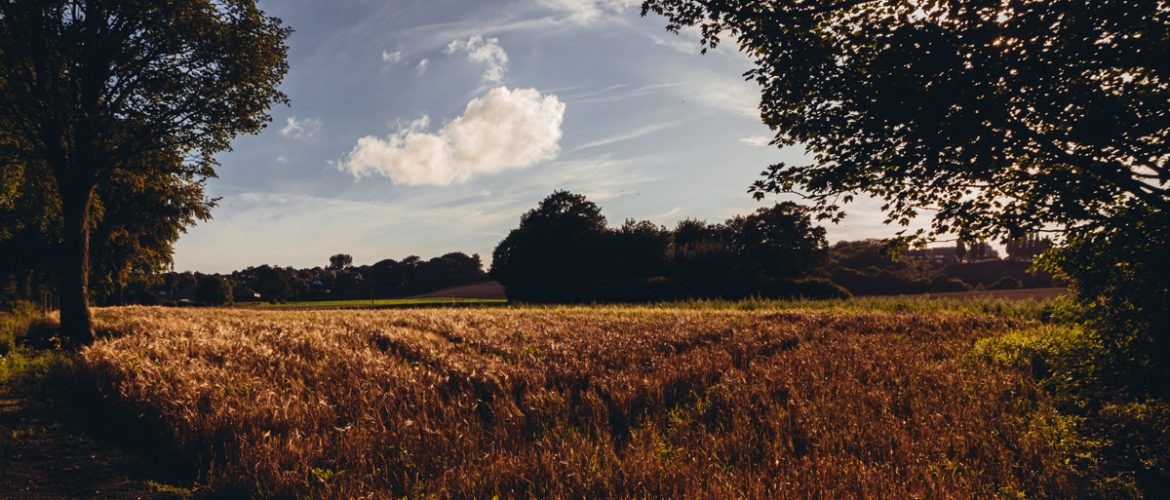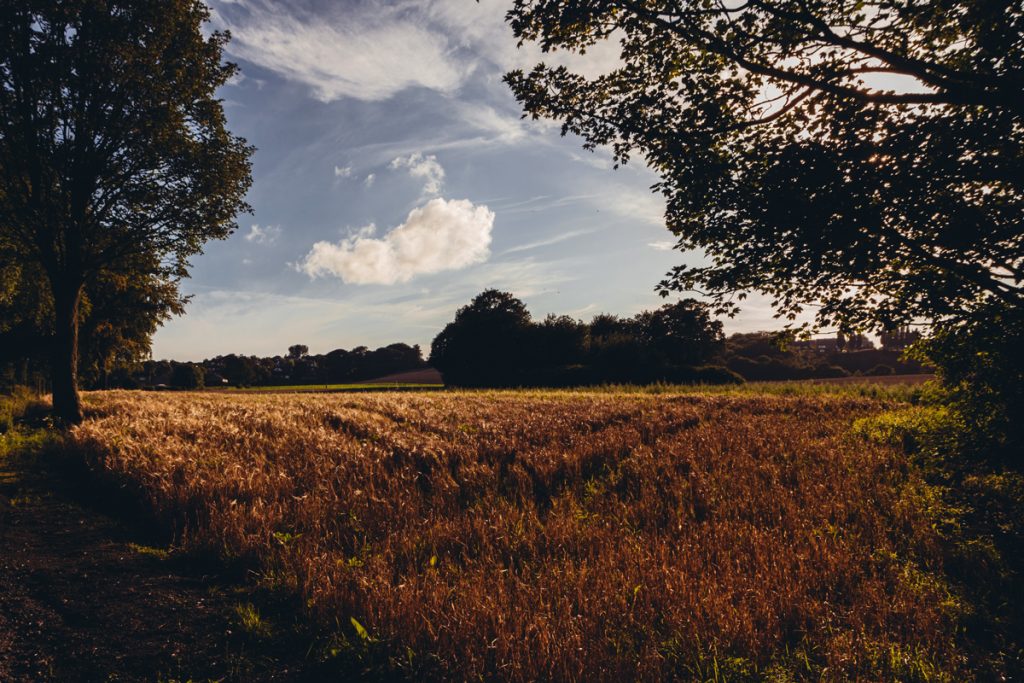paradise (n) = from the Greek paradeisos “park, paradise, Garden of Eden”
= from an Iranian source meaning “enclosure, park”
= compound of pairi- “around” + “diz “ to make, form (a wall)”
There She Is
–by Linda Gregg
When I go into the garden, there she is.
The specter holds up her arms to show
that her hands are eaten off.
She is silent because of the agony.
There is blood on her face.
I can see she has done this to herself.
So she would not feel the other pain.
And it is true, she does not feel it.
She does not even see me.
It is not she anymore, but the pain itself
that moves her. I look and think
how to forget. How can I live while she
stands there? And if I take her life
what will that make of me? I cannot
touch her, make her conscious.
It would hurt her too much.
I hear the sound all through the air
that was her eating, but it is on its own now,
completely separate from her. I think
I am supposed to look. I am not supposed
to turn away. I am supposed to see each detail
and all expression gone. My God, I think,
if paradise is to be here
it will have to include her.
This poem moves me for how the figure of the specter shows us the depth of human suffering and the depths to which we can be driven in order to avoid feeling certain kinds of pain. It is not hard to see in this specter our own face: our addictions, our emotional repression, our avoidance.
I share this poem, though, for its ending: how it invites what is hard to love into paradise.
I invite you to complete a short writing meditation using the poem’s last line as the beginning of a new sentence:
“If paradise is here/ it has to include…”
What would be very hard for you to include in paradise? What happens when you recognize it must be included?
Write for 5-10 minutes.
When I completed this exercise, I discovered that the walls of paradise blow open when we include what we are afraid to include. Paradise becomes imminent: inside each blade of grass, piece of gravel, car battery, tin can, and bee: inside every cell in our body. Each time we deem something unloveable and separate, a wall rises right at our feet: suddenly we see ourselves in a bounded “place” called paradise, and that wall distracts us from the paradise everywhere. “Every atom belonging to me as good belongs to you.” (Walt Whitman). In trying to seperate, it is we who become separate. In making an outside, we stand there.
Perhaps there is a missing piece of the Eden story. Perhaps eating the apple didn’t expel Adam and Eve from the garden but rather the shame they felt. Perhaps when they judged themselves, love looked different: love looked conditional—you could be inside or outside its walls—but in fact they had made it so.
So when someone appears not to love me, I know what it costs them: how much, how much they must be suffering.



What’s hard for me is imagining that the tragedies I encounter in news stories every week, especially those which we cause intentionally with cruelty and harm to others and ourselves, could somehow be included in an idyllic paradise of any making. I would need walls.
I can picture a harmonious blend of peoples and cultures and attitudes with nothing but all-around good-heartedness and utmost respect for life and our environment. It’s just difficult or plain impossible to see how we’d get there from here. We’re seemingly born with too much base instinct driving tribal needs and survival ways that forever lead to disputes and violence.
Then I think about nature with all it’s beauty and wonder, yet intertwined with ferocious struggles for existence. I know we’re part of it, one with nature, immersed in its fullness. However much we need or want walls, I guess they’ll never help.
I’m reminded to stay present, keep a gracious heart and look forward with hope. Like in the well-known Zen story… Chased by tigers, a monk goes over the cliff and hangs for dear life by a root. Tiger overhead, tigers at the bottom. Mice chewing at the root. The monk notices a plump, juicy strawberry and reaches out…
There can be joy in the freedom of the moment, even when we suffer and circumstances look grim.